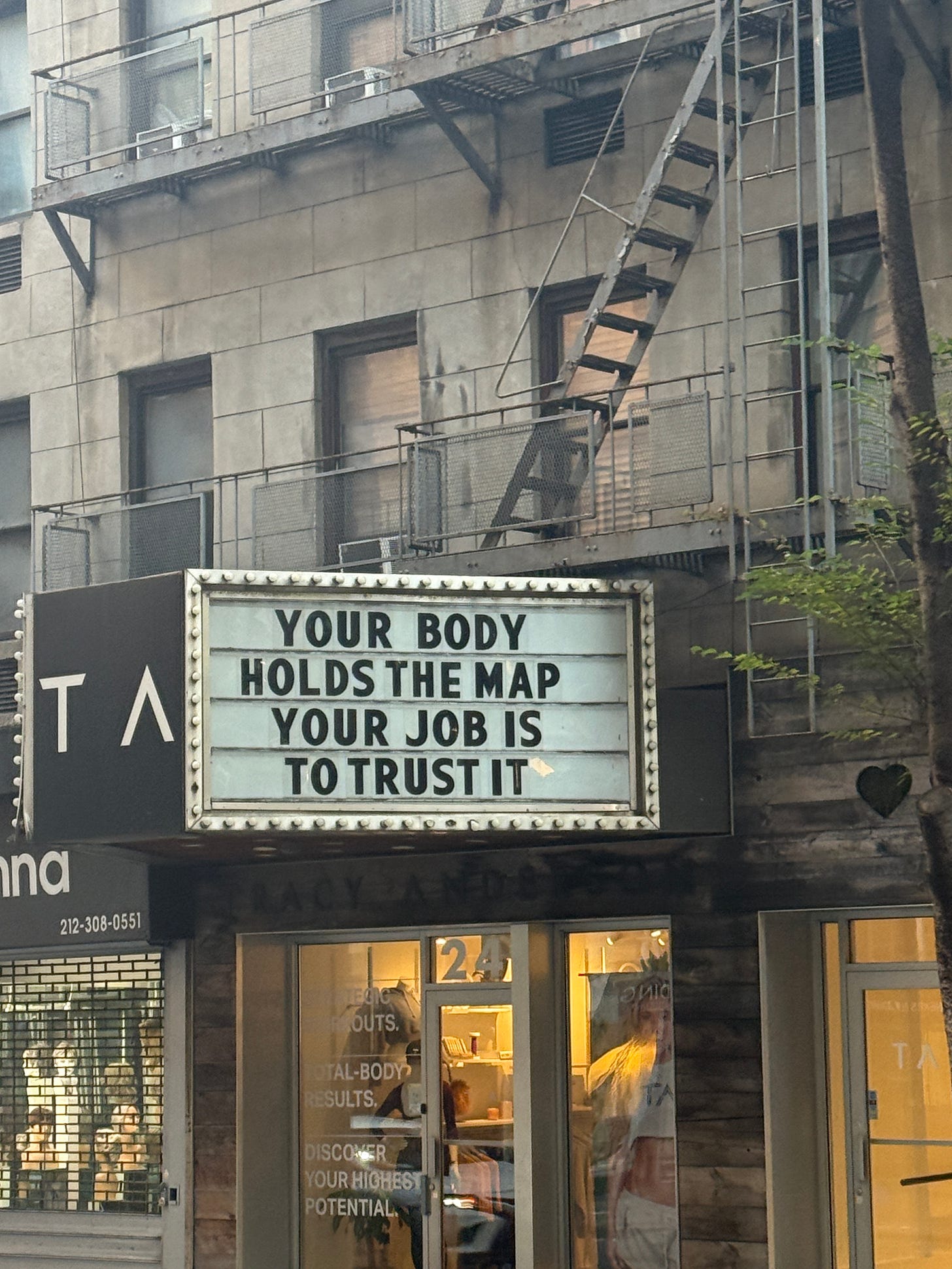I’m Back. Notes On AI and Healthcare.
The last two months have been a whirlwind.
Between prepping for the New York City Marathon, Taking a much-needed vacation with my wife, and dealing with some personal losses, I simply have not had time to sit down and write my weekly newsletter.
Even with all these circumstances, I treat this aa unacceptable. Too many of…




